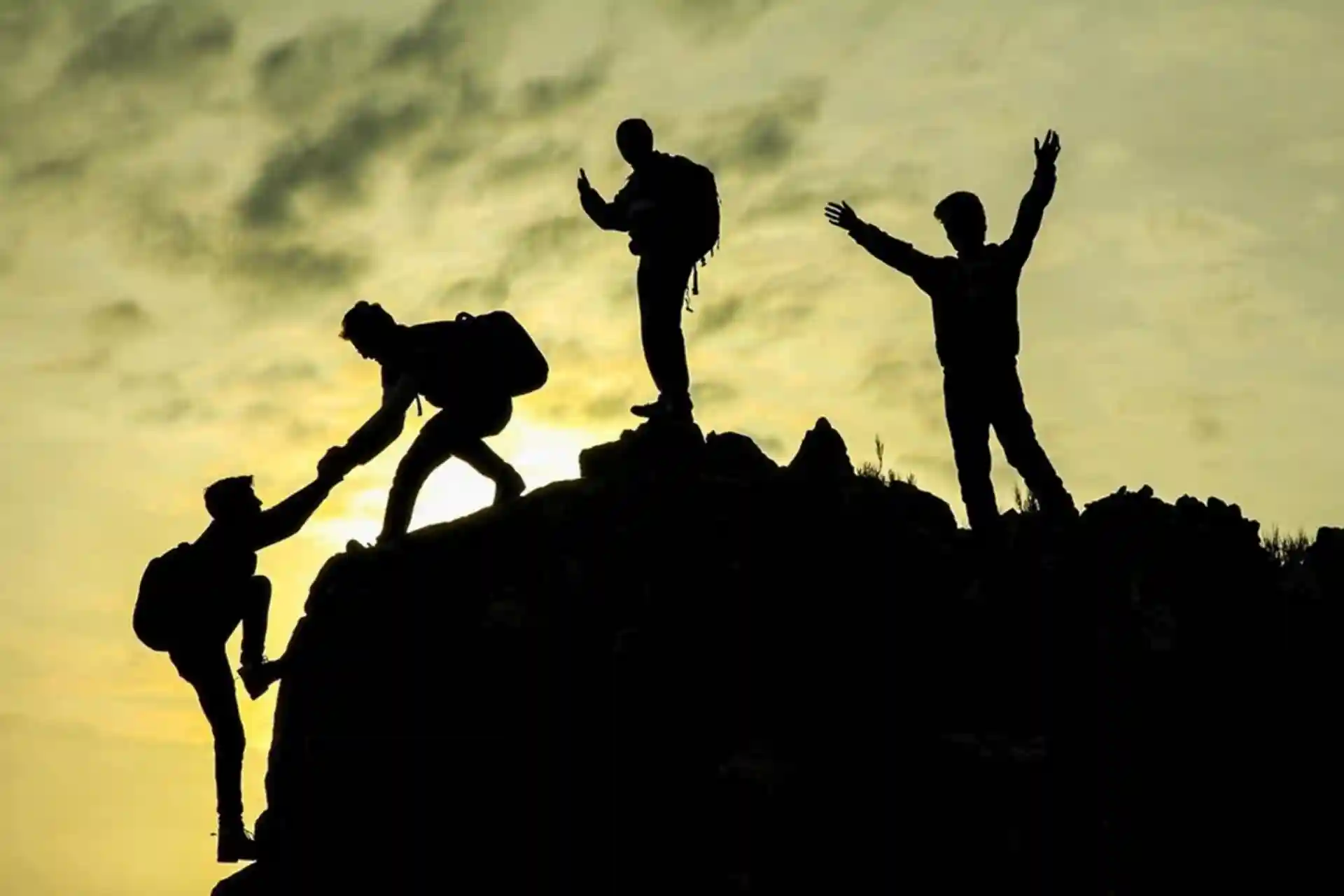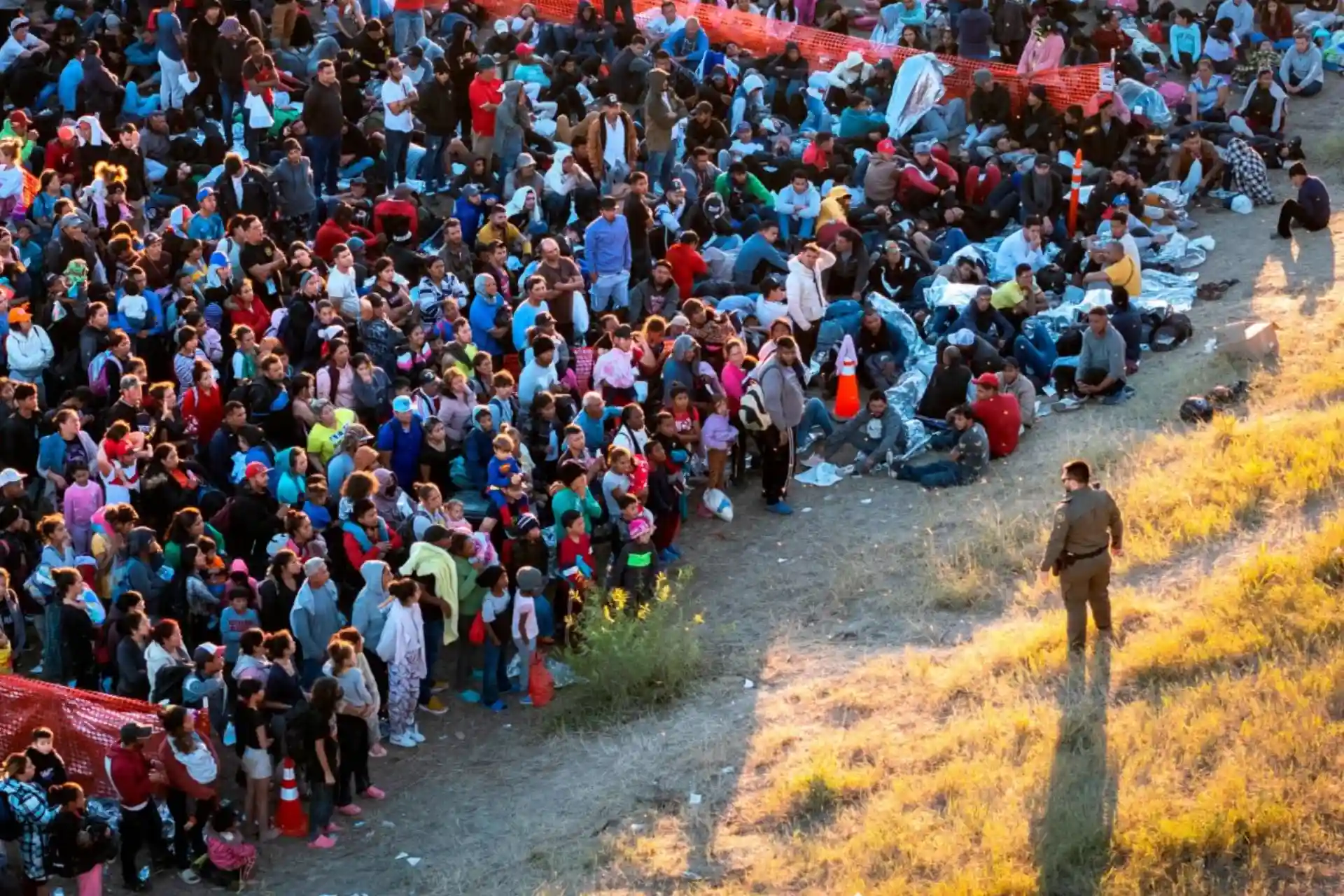What is the level of unity among Uzbeks?
What is solidarity? What is the degree of unity among the Uzbek people today ? Isn't it bad that the nation is divided into groups, factions, "cults" and currents? What is required for the nation to achieve the unity it wants? Get answers to these questions in the article of Azon Global analyst Mohammad Dawood Asadullah.
The ideas of unity and solidarity have been a part of human life for centuries. There is no nation in the history of the world that has not taken its place on the world stage and formed as an organized nation without unity. One of the most noticeable aspects of today's world reality is that nations and peoples that do not have national unity or have made a number of shortcomings in its formation will inevitably disappear in the fierceness of the times and the brutal struggle of countries. The current topic is about the level of national unity and solidarity in Uzbekistan, the urgent need for it and how to form it - search for a solution.
People are social beings. History clearly shows that they cannot live without mutual organization, unity, togetherness. According to the definition of philosophers, a person who is considered a "social creature" forms a society with unity.
What is the level of unity in today's Uzbek people?
Historically, the Uzbek people have experienced various periods of transition. During this time, his blood changed, his way of thinking, worldview, language, culture, and identity took on different forms and continued to be updated over the years. It's not a secret, new ideas and identity have entered the nation in harmony with new blood. Our nation has changed its identity several times. The most important of these are the cruel intellectual reins of Russian colonialism, which lasted from the second half of the nineteenth century to the beginning of the twentieth century, and then from the 1920s to the 1990s. Although post-independence re-formation and movements towards unity occurred naturally, their consequences caused the same results against the background of global processes - either stagnation or division in different directions behind the newly formed global reality and diversity of totalitarian, ruling politics.
Solidarity classifications
Since national unity can be classified, analyzed, revealed and described in various aspects, we will first classify it in a classical scientific way.
The famous French philosopher Emile Durkheim divided unity into two types - mechanical unity and organic unity. He defined mechanical unity as unity based on common identity. This shared identity leads to altruism, which means that members of society reach out to each other based on a certain morality. This type of solidarity reflects a traditional society. In it, the group is socialized on the basis of the same pattern and norms, and it is united by a strong sense of "we".
Organic solidarity, on the other hand, occurs in modern society where members are stratified, differentiated, but interdependent. The diversity of modern society, in turn, reduces the sense of common identity and the altruism associated with it. The motivation for solidarity is functional: that is, it is in my interest to help others and society."
Modern European society is an example of organic unity, Uzbek society is an example of mechanical unity, but we are far from saying that this type fully reflects Uzbek society, because today's nation has neither moral nor common, unanimous interests that are the basis for mutual association.
Today's Uzbek society is divided into various groups, factions, "cults", streams in terms of information, culture, politics, and society. In fact, there are no harmful aspects of division. However, for this, the center of divisions must be united by some idea, national identity. Unfortunately, what we lack is a unique national mentality that instills a sense of unity within society as a nation. Religious-non-religious, conservative-liberal, Western-Russian debates are one factor preventing such unity. Another is the dominance of materialism in the worldview of the representatives of the nation as a result of economic instability and inequality as a result of the lame policy of the government.
A nation without a certain standard of morality cannot be made "educated", moral and principled. For this, it is necessary to conduct a suitable policy - to achieve real honesty in general elections, government and state affairs, social relations between society. There is no use in lofty speeches and jokes about the commonality of ideas, commonality of thoughts, unity under one goal, one path. As noted by the famous thinker Ali Shariati, in order to achieve general unity and solidarity, the society must first be divided into categories in terms of quality and separate from each other. Chaos will surely give way to unity one day.
In order for a certain society, nation to achieve unity as it wants, the following is required:
• True solidarity. This is a way for people to help each other, treat and treat each other not on the basis of common interests, but on the basis of goodwill, sympathy, kindness.
• Educational and scientific unity. Education and science solidarity means a common commitment between individuals, communities, society and the state: to provide all people with access to education, to encourage students to seek knowledge, and to work together to eliminate illiteracy and its negative consequences.
• Defense solidarity. Every individual in his community should contribute to the defense of his community, country and nation. In addition, they must protect people who have suffered injustice and oppression.
• Moral solidarity. It means the duty and right to protect the values and moral principles of the nation, to protect the society from disorder, corruption and degradation. It is based on the concept that prevention is better than correction, which means that if even a small part of the society is exposed to corruption and depravity, then this corruption and degradation can spread and affect the whole society, making it impossible or at least difficult to correct and reform the society. possible
• Economic solidarity. Economic solidarity is based on the principle of economic interdependence, and everyone must cooperate to protect the nation's wealth from loss and waste and to prevent harmful commercial and economic activities such as price manipulation, transaction fraud, monopoly and exploitation of weakness.
• Social cohesion. This type of solidarity should be prioritized in society, and should be legally defined in state laws so that society can shoulder the burden of caring for the poor, sick, and needy. As it is said in the Qur'an: "He who gives his wealth to his relatives, orphans, captives, poor and destitute, travelers, beggars, beggars, freeing slaves, performs regular prayers, gives zakat, and those who keep their covenants when they make a covenant, and especially Those who persevere in times of hardship and in times of war are good people" (Surat al-Rahman, verse 177)
• Political solidarity. Political solidarity ensures that people's political rights are protected and that they share responsibility for building a political order and state based on the principles of good governance.
• Community solidarity. Community solidarity implies the authority to express the common interest of people under their responsibility and authority. As the Prophet, may God bless him and grant him peace, said, "All of you are guardians and are responsible for those under your authority. The ruler is the guardian and guardian of those under his rule; the man is the guardian of his family; the woman is the guardian of her husband's house and is responsible for his dependents; the servant is the guardian of his master's property and his guardian." is responsible. So, all of you are guardians and are responsible for those who are subordinate to you" (Narrated by Bukhari and Muslim)
A question arises. Which of the types of high solidarity in the Uzbek nation are there and which are not? Can these species, which are classified in general, theoretically, open the way to real, true unity? For this, it is necessary to take a look at today's reality and analyze it, and it requires the representatives of the social sphere to conduct in-depth scientific research.
In the current post-modern era, while social networks serve as a perception that reflects the mood, mentality and state of society, it can be considered a powerful instrument that really moves society. This is the first tool.
Secondly, as some activists have been emphasizing, we need social clubs that build (as a means of) thinking spaces for unity. A true and quality opinion certainly has the power to open the way to mutual intellectual harmony and common goals, and to connect and unite people more and more closely around an idea that can be reached over time.
Another is to concentrate on a single language. Attention to the Uzbek language should be brought from various high places to the center of the society, it is necessary for the people to show that it has the power to truly reflect and express the real aspirations of the society. It is not easy to get out of the grip of colonialism. If the factors that are obstacles to this are carefully worked on, if their essence is analyzed and studied, not their transfer , then it will be possible to build a political vision of solidarity to some extent. Once awareness is formed, the problem of solidarity can be solved, perhaps.
Muhammad Davud Asadullah , Azan Global analyst



